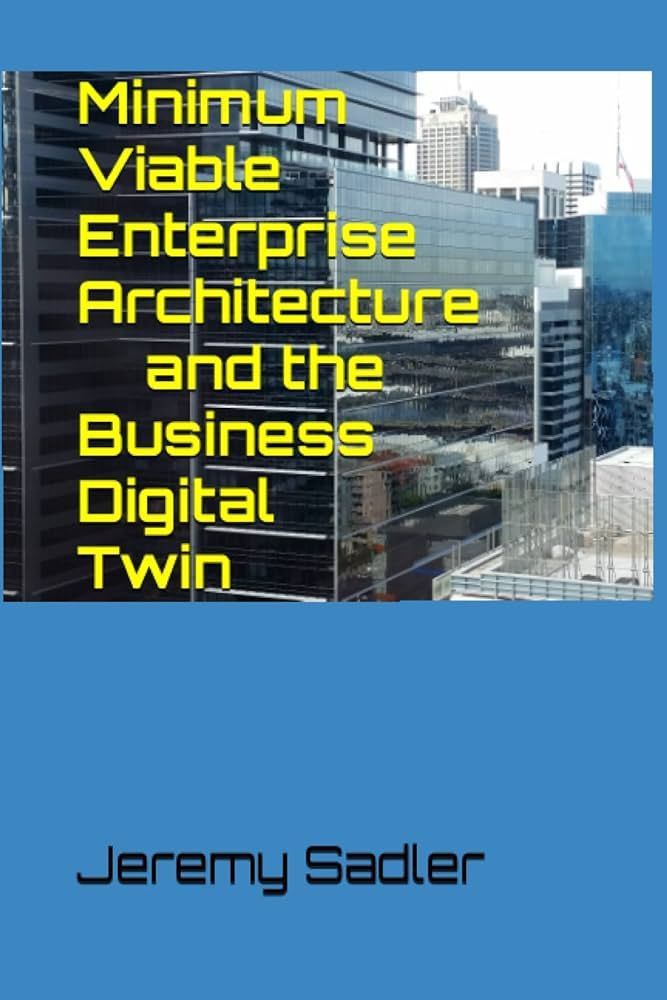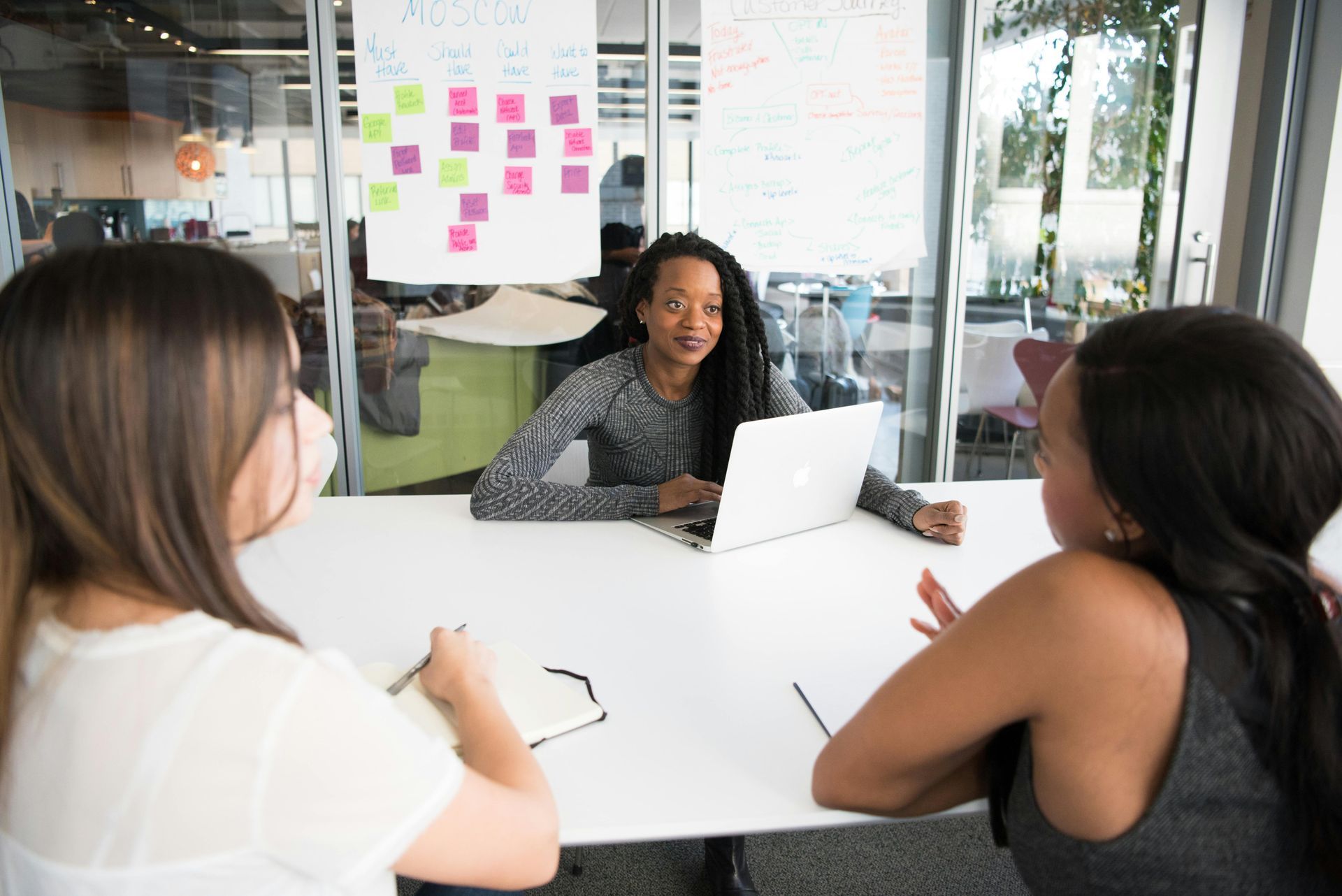Insight
Turning Sustainability from Compliance to Competitive Advantage
For many years, companies have treated sustainability as a matter of compliance, ticking boxes to meet environmental regulations and corporate social responsibility targets. But in 2024, we’re seeing a major shift: sustainability has evolved from a regulatory obligation into a key competitive advantage. In Australia, where climate-related policies are increasingly stringent and consumers are more eco-conscious than ever, businesses that embrace sustainability as part of their core strategy are reaping significant benefits.
So, how can companies move beyond compliance and leverage sustainability to gain a competitive edge?
The Growing Importance of Sustainability in Australia
Australia is no stranger to the effects of climate change. From devastating bushfires to extreme droughts, the nation has been directly impacted, pushing sustainability to the forefront of both policy and public concern. In recent years, the Australian government has introduced a range of initiatives aimed at reducing carbon emissions and promoting greener business practices, such as the Climate Solutions Fund and the National Energy Guarantee. In fact, Australian businesses are expected to meet net-zero emissions targets by 2050.
But beyond government mandates, consumers are becoming more discerning. A 2022 study by NielsenIQ found that 85% of Australians are more likely to buy from brands that are environmentally and socially responsible. For companies looking to grow, ignoring this shift in consumer values could be detrimental.
From Compliance to Competitive Advantage
While complying with sustainability standards is important, forward-thinking companies understand that doing the bare minimum is no longer enough. The shift from seeing sustainability as just a compliance issue to treating it as a competitive advantage can set businesses apart in several ways.
1. Attracting High Value Employees and Investors
Sustainability is a major drawcard for attracting great employees, especially younger generations. A report by Deloitte showed that Gen Z and Millennials are more likely to work for companies that prioritise sustainability and corporate responsibility. In Australia’s competitive job market, this can be a deciding factor for potential employees.
Additionally, investors are increasingly looking for businesses that demonstrate a long-term commitment to sustainability. Firms that incorporate Environmental, Social, and Governance (ESG) criteria are more likely to attract investment. According to the Responsible Investment Association Australasia, over 60% of Australia’s total assets under management are in responsible investments. Investors view companies with strong sustainability credentials as lower-risk, more resilient, and better equipped for future growth.
2. Gaining Consumer Trust
Building trust with consumers is paramount, and sustainability is a crucial factor in this relationship. As Australian consumers become more eco-conscious, they are scrutinising the products they purchase, looking for transparency and authenticity. Greenwashing - where companies falsely claim to be environmentally friendly - is increasingly being called out, so real, demonstrable actions are essential.
One standout Australian example is Who Gives A Crap, a toilet paper company that uses 100% recycled materials and donates 50% of its profits to building toilets in developing countries. Their sustainability-driven business model has led to incredible brand loyalty and growth. By aligning their values with consumer demand, they’ve turned sustainability into a core part of their identity and success.
3. Innovating for the Future
Sustainability drives innovation. From reducing waste to creating eco-friendly products, businesses that prioritise sustainable practices often find new opportunities to innovate. Sydney-based Bega Cheese, for example, is reducing its environmental footprint by improving packaging efficiency and reducing water usage. This not only saves resources but also appeals to eco-conscious consumers.
By embedding sustainability into their research and development strategies, companies can meet future market demands while maintaining an edge over competitors who are slower to adapt.
Practical Steps to Turn Sustainability into a Competitive Advantage
So, how can Australian businesses take sustainability from compliance to competitive advantage? Here are a few steps to get started:
- Assess Your Impact: Start by evaluating your company’s environmental and social impact. Conduct audits of your energy usage, supply chain, waste production, and packaging.
- Set Bold Goals: Don’t settle for just meeting regulations. Set ambitious sustainability goals, such as carbon neutrality or zero waste, that can position you as a leader in your industry.
- Engage Stakeholders: Include your employees, customers, and investors in your sustainability journey. Transparency and collaboration can enhance your reputation and build stronger relationships.
- Invest in Innovation: Look for ways sustainability can drive innovation in your products, services, or operations. Consider sustainable materials, processes, or even entirely new business models.
- Tell Your Story: Don’t be afraid to market your sustainability efforts. Consumers want to support businesses that align with their values, so be open about your progress, challenges, and achievements.
Sustainability as a Business Imperative
In 2024 and beyond, sustainability isn’t just a requirement - it’s a vital aspect of long-term business success. Australian companies that embrace sustainable practices are not only helping the planet but also positioning themselves as leaders in a competitive market. From attracting talent and investors to building consumer trust and driving innovation, the benefits of sustainability go far beyond compliance.
At EGC, we believe that sustainability should be a key part of your business strategy. By going beyond the basics, your company can turn sustainability into a powerful tool for growth.
Share This Article
Recent Articles




Archive












